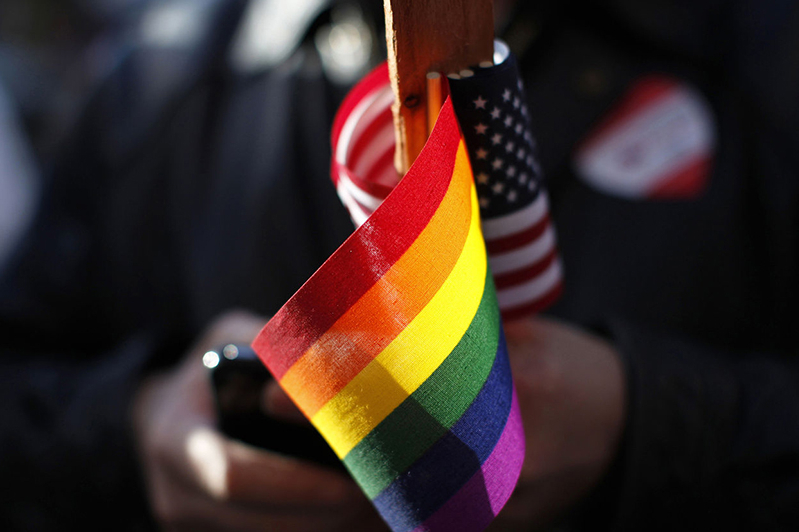
The journal Science has officially retracted a now-discredited gay marriage study after one of the co-authors admitted that it contained lies.
According to Tracy Connor of NBC News, the journal decided to retract the study over the objections of Michael LaCour, a UCLA grad student accused of faking the data. However, LaCour's attorney conceded that false statements were made in the study.
"I will supply a definitive response on or before May 29, 2015," LaCour wrote in a statement on his website. "I appreciate your patience, as I gather evidence and relevant information, since I only became aware of the allegations about my work on the evening of May 19, 2015, when the not peer-reviewed comments in 'Irregularities in LaCour (2014),' were posted publicly online."
Science Editor-in-Chief Marcia McNutt issued a statement elaborating on why Science decided to go ahead with retracting the study.
"Survey incentives were misrepresented," McNutt wrote. "To encourage participation in the survey, respondents were claimed to have been given cash payments to enroll, to refer family and friends, and to complete multiple surveys. In correspondence received from Michael J. LaCour's attorney, he confirmed that no such payments were made."
McNutt's second reason behind the retraction focused on the issue of sponsorship by various nonprofit organizations.
"The statement on sponsorship was false," McNutt wrote. "In the Report, LaCour acknowledged funding from the Williams Institute, the Ford Foundation, and the Evelyn and Walter Haas Jr. Fund. Per correspondence from LaCour's attorney, this statement was not true."
According to McNutt, independent researchers found "certain statistical irregularities in the responses."
"LaCour has not produced the original survey data from which someone else could independently confirm the validity of the reported findings," McNutt wrote.
Connor reported that the discredited study found that people's views on same-sex marriage could be changed by short one-on-one conversations with gay canvassers. However, a research team from Stanford University tried to replicate the findings, which ended up being unsuccessful.
"[Researchers] tipped off the lead author, Donald Green, to the irregularities," Connor wrote. "They said the firm LaCour supposedly hired to carry out the field work didn't know anything about the project."
According to Green, Lacour claimed the raw data had been deleted by accident and refused to turn over the contact information for the survey respondents.
"Since then, LaCour's lawyer has confirmed two false statements in the published study: that survey respondents were given cash incentives to participate, and that funding was provided by a number of well-known non-profits," Connor wrote.






